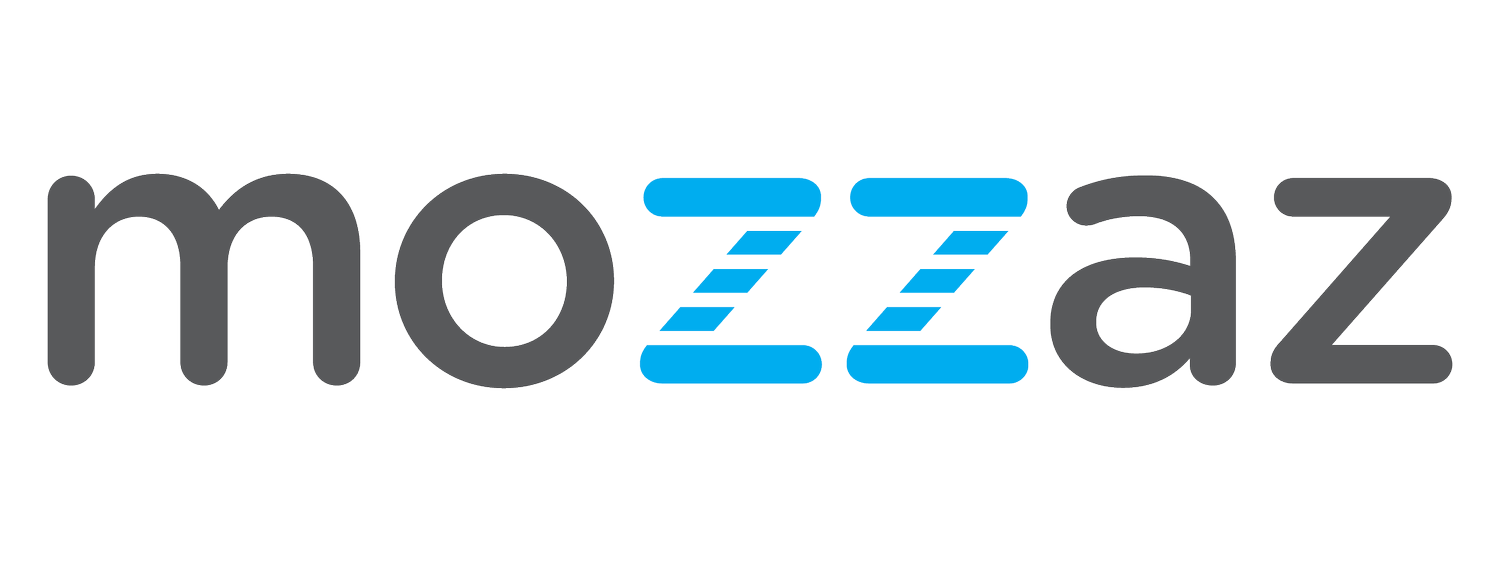Adapting to the New Age of Consumerization in Healthcare
The consumerization of healthcare presents a fundamental shift in patient’s demands around healthcare services. Historically speaking, healthcare has been highly regulated, with healthcare professionals playing a monopolizing role in healthcare service ‘sales.’ With that being said, the healthcare industry rarely experienced any disruptive competition among care providers. The new trend toward a consumerization of healthcare is drastically changing the healthcare landscape in this regard.
Shift In Patient’s Demands
Patients shifting behaviors and expectations are at the forefront of this transformation. As previous passive recipients of services, patients are now driving their own healthcare experience, becoming active participants in their own health. Due to improved access to information through a simple google search, the health-conscious patient is keen to understand what is wrong with them prior to entering a doctor’s office. Patients now expect information and ultimate transparency with respect to probable outcomes, medication usage and pricing. A study found that roughly 84% of individuals research their diagnosis online and 50% go to answers online ‘first thing’ when experiencing a symptom – these statistics were applicable across all age groups. Increased access to information comes with expectation of greater control of their healthcare experience. In addition, patients are taking on more of the cost burden with high deductible health plans – the healthcare consumer therefore playing an instrumental role in the decision making surrounding their healthcare. From 2006-2016, the average health plan deductible in the USA grew 4 times (The, 2019). These changes in patients’ expectations around transparency, convenience and access is pushing health systems and providers to change the way they interact with patients across every stage of care.
Digital Technology & Healthcare
The introduction of digital technology into healthcare has challenged the traditional care delivery models and offered services that truly plays into the values of a consumer-centric patient. Digital health solutions further places power in the hands of the patient and implements strategies that provides a consumer-centric patient experience that encompasses increased accessibility, transparency and patient engagement (Lovett, 2019).
Increasing accessibility and convenience of care delivery is key in the eyes of the consumer-centric patient. Traditional healthcare models present a number of barriers including: long wait times, referral and approval processes, in-person appointments, prescription pickup and renewal process, confusing insurance coverage etc. Digital tools offer patients on-demand, on-the-go options from telehealth, to online prescription renewals, educational resources, symptom tracking etc. Technology gives patients the opportunity to access information and providers anytime, anywhere. It allows patients to educate themselves of all necessary reliable medical information as well as connect to care teams and health professionals with ease.
Digital health strategies also encourage patient empowerment; another key value held by the healthcare consumer. The ability for patients to receive personalized treatment plans, access to their own care plans and collect their own health data helps patients take ownership and play an active role in their care. Consumerization involves focusing on the end user and effectively empowering the patient with tools for decision-making and managing their own health. Digital tools that are personalized to the individual such as digital scheduling, interactive/dynamic treatment plans, self-help educational resources, telehealth, and health tracking integration i.e fitbits, glucometers etc. are just a few that empowers patients in their care by delivering an engaging, personalized health experience.
The healthcare industry must adapt and transform the way in which they deliver care to accommodate the consumer-centric patient. Taking advantage of new technologies and solutions is paramount in delivering care in a convenient and empowering manner.
References
The Consumerization of Healthcare. (2019). Adobe Econsultancy. Retrieved from https://www.adobe.com/content/dam/acom/en/industries/healthcare/pdfs/adobe-econsultancy-2019-report-the-consumerization-of-healthcare.pdf.
Lovett, L.The consumerization of healthcare: The good, the bad, the baffling. (2019, April 01). Retrieved from https://www.mobihealthnews.com/content/consumerization-healthcare-good-bad-baffling

